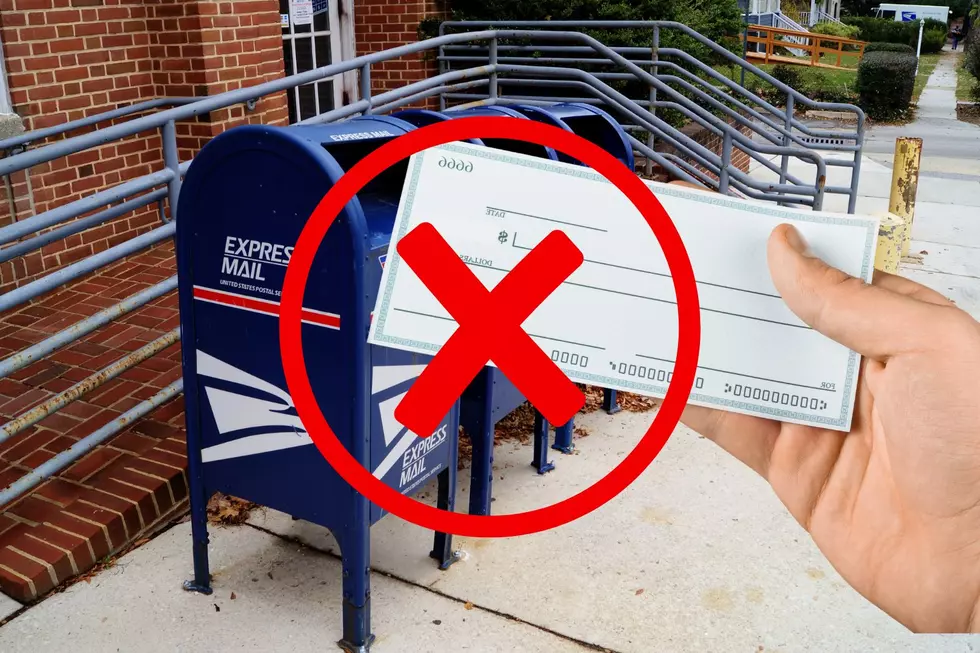
Groups call on NJ to end ‘racist’ auto insurance rate-setting
New Jersey groups that have been pushing for passage of legislation that would prohibit auto insurers from using education, occupation, or credit score when setting one's auto insurance rate are now asking the state to just make the move on its own.
The consumer, anti-poverty, racial justice, and immigration advocates say they're still waiting on the New Jersey Department of Banking and Insurance to adequately reply to their memo that was sent more than a month ago, about what they consider to be "racist auto insurance rate setting policies."
According to the coalition, using non-driving factors to determine premiums perpetuate and reinforce systemic racism, as drivers of color are more likely to have lower credit scores, work in lower-paying jobs or achieve a lower level of education compared to white individuals.
"African-American and Latino drivers with perfect driving records can be charged higher premiums than white drivers with blemished driving records who are better off socioeconomically," the groups said.
"Basically, it's more expensive to have bad credit than a car crash," added Renee Koubiadis, anti-poverty program director for New Jersey Citizen Action.
In past reporting on this topic, the Insurance Council of New Jersey has told New Jersey 101.5 that factors such as one's education, occupation, and credit score are accepted nationwide as solid predictors of risk and are not unfairly discriminatory.
The council said the majority of New Jersey drivers would see an average auto-insurance spike of hundreds of dollars if the Legislature were to pass and Gov. Phil Murphy were to sign a proposed law that would prohibit the use of five factors — education, occupation, homeownership status, marital status, and credit score — in certain automobile insurance determinations.
A handful of states, including New York, have blocked auto insurers from using one's education level or occupation to set rates. Select states ban the use of credit scores.
Past legislative attempts to do the same in New Jersey have been unsuccessful. The bill has been reintroduced for the current session, but the coalition of advocates contend that DOBI has the broad authority to prohibit the use of socioeconomic factors in pricing and underwriting.
"The more we let this continue ... it's just taking needed resources away from our struggling families in our state," Koubiadis said.
To date, according to the groups, DOBI has only sent a one-sentence reply acknowledging receipt of their memo. When contacted by New Jersey 101.5, DOBI said it does not comment on pending legislation, and did not offer comment on the groups' request to use its own authority to make the move.
The Insurance Council noted that the industry doesn't use a traditional credit score for setting rates, but instead what's known as a credit-based insurance score, which focuses on one's credit tenure, rather than an applicant's economic stresses.
Dino Flammia is a reporter for New Jersey 101.5. You can reach him at dino.flammia@townsquaremedia.com
Click here to contact an editor about feedback or a correction for this story.



